Let’s be honest; Kenya has produced some incredibly wealthy individuals who’ve built business empires that span continents. While many of us are still figuring out our next business move, these titans have already conquered multiple industries and accumulated fortunes that most of us can only dream of.
The wealth concentration in Kenya tells a fascinating story of entrepreneurship, strategic investments, and sometimes, pure business genius. From manufacturing moguls to banking titans, these individuals haven’t just built personal wealth, they’ve shaped Kenya’s entire economic landscape.
So, who exactly are Kenya’s wealthiest individuals in 2025? What industries made them rich? And more importantly, what can we learn from their success stories?
Read on to discover Kenya’s financial elite and the secrets behind their massive fortunes.
Also Read:
Who Was Aga Khan? Here is a List of Businesses He Owns in Kenya
Kenya’s Top 10 Wealthiest Individuals
This comprehensive analysis dives deep into the fortunes of Kenya’s richest people, examining their business empires, wealth sources, and the strategies that catapulted them to billionaire status.
1. Vimal Shah – Net Worth: Approximately $1.3 Billion
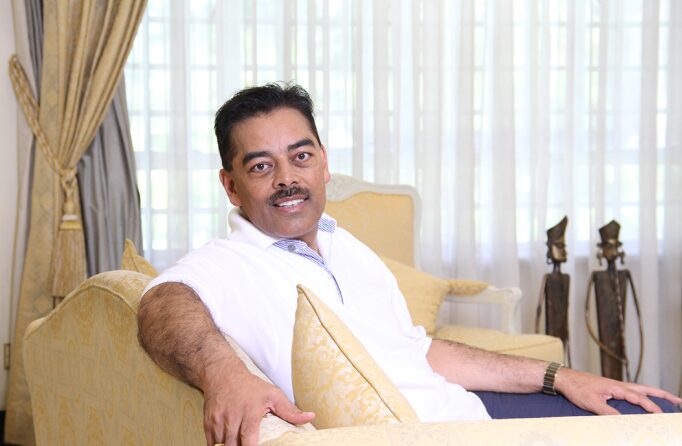
The Manufacturing King
Vimal Shah stands at the pinnacle of Kenyan wealth as the mastermind behind Bidco Africa, East Africa’s largest manufacturer of consumer goods.
How He Built His Empire:
– Started with a small family trading business
– Transformed Bidco into a regional manufacturing powerhouse
– Expanded operations across 17 African countries
– Dominates markets in cooking oils, soaps, detergents, and flour
Key Success Factors:
– Focus on and innovation
– Strategic expansion across Africa
– Vertical integration of supply chains
– Heavy investment in local manufacturing
Current Business Portfolio:
– Bidco Africa (primary wealth source)
– Real estate investments
– Agricultural ventures
– Philanthropic foundations
2. James Mwangi – Net Worth: Roughly $1.2 Billion
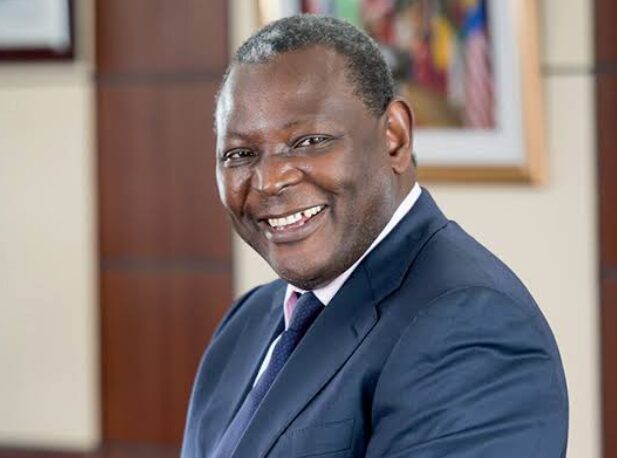
The Banking Revolutionary
James Mwangi transformed a small microfinance institution into one of Africa’s most successful banks, proving that financial inclusion can be incredibly profitable.
His Path to Billions:
– Started as a junior bank employee
– Rose through the ranks at Equity Bank
– Revolutionized banking for low-income Kenyans
– Expanded Equity Group across six African countries
Business Philosophy:
– Financial inclusion for all social classes
– Technology-driven banking solutions
– Community-focused approach
– Sustainable business practices
Wealth Sources:
– Equity Group Holdings shares (majority)
– Dividend income from banking operations
– Real estate portfolio
– Investment in fintech startups
3. Bhimji Depar Shah – Net Worth: Approximately Ksh 156 Billion ($1.04 Billion)
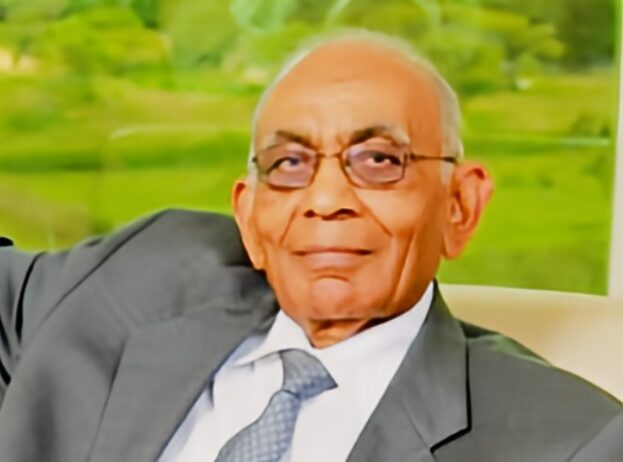
The Industrial Magnate
Bhimji Depar Shah represents one of Kenya’s most successful industrial dynasties, with business interests spanning multiple sectors across East Africa.
Business Empire:
– Bidco Industries (significant stakes)
– Manufacturing sector dominance
– Regional expansion across Africa
– Strategic industrial investments
Wealth Building Strategy: Shah’s fortune comes from decades of strategic investments in manufacturing and industrial development, positioning him as one of the most influential business figures in the region.
Current Portfolio:
– Industrial manufacturing
– Consumer goods production
– Real estate investments
– Pan-African business interests
4. Catherine Nyongesa – Net Worth: Roughly $1 Billion

The Financial Services Pioneer
Catherine Nyongesa has built an impressive fortune through strategic investments in financial services and business development across Kenya and East Africa.
Her Path to Wealth:
– Financial services sector leadership
– Strategic business partnerships
– Investment in emerging markets
– Focus on sustainable business growth
Business Philosophy:
– Long-term investment approach
– Diversified portfolio management
– Community-focused business development
– Innovation in financial solutions
Wealth Sources:
– Financial services investments
– Real estate portfolio
– Business consulting and advisory services
– Strategic partnerships across industries
5. Narendra Raval (Guru) – Net Worth: Approximately $900 Million
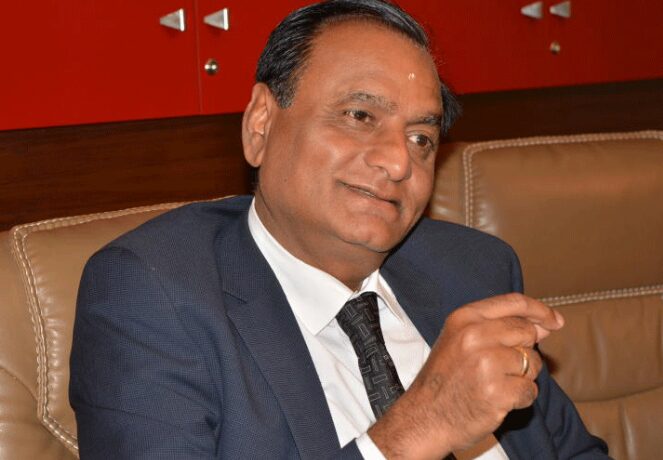
The Steel and Cement Tycoon
Known simply as “Guru,” Narendra Raval built his fortune by betting big on Kenya’s infrastructure boom.
From Scrap Metal to Billions:
– Started as a small scrap metal trader
– Founded Devki Group in the 1980s
– Became Kenya’s largest steel manufacturer
– Expanded into cement production
Business Empire:
– Devki Steel Mills (flagship company)
– National Cement Company
– Packaging solutions business
– Real estate development
Why He’s So Wealthy: Kenya’s construction boom created massive demand for steel and cement, positioning Guru perfectly to capitalize on the country’s infrastructure development.
6. Manu Chandaria – Net Worth: Roughly $700 Million
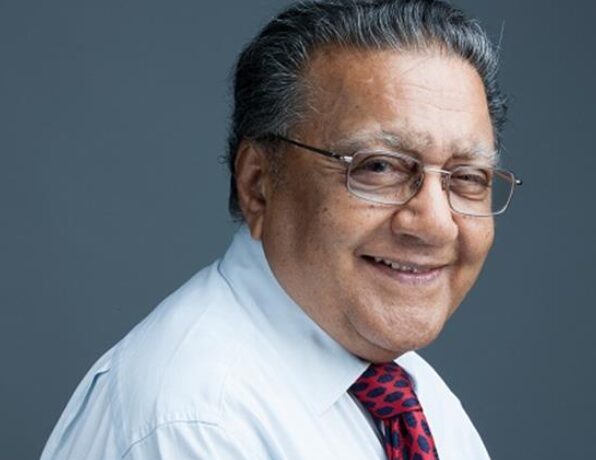
The Industrial Veteran
At over 90 years old, Manu Chandaria represents old-school business wisdom and the power of long-term thinking.
Decades of Wealth Building:
– Family business spanning over 60 years
– Built Comcraft Group into a multinational corporation
– Focused on steel, aluminum, and plastic manufacturing
– Maintained operations across multiple countries
Business Portfolio:
– Comcraft Group (flagship)
– Kaluworks Company
– Various manufacturing subsidiaries
– Philanthropic organizations
Legacy Factor: Chandaria’s wealth comes from decades of patient business building and reinvestment, proving that slow and steady often wins the race.
7. Tabitha Karanja – Net Worth: Approximately $600 Million

Kenya’s Brewing Queen
Tabitha Karanja broke into one of Kenya’s most competitive industries and built the country’s largest indigenous brewery.
Her Brewing Success Story:
– Co-founded Keroche Breweries in 1997
– Competed directly with international giants like EABL
– Built strong local brand loyalty
– Survived multiple regulatory challenges
Revenue Streams:
– Keroche Breweries (primary source)
– Real estate investments
– Hospitality sector investments
– Brand licensing deals
Notable Achievement: Despite facing stiff competition from multinational corporations, Karanja built Keroche into a household name across East Africa.
8. Peter Munga – Net Worth: Roughly $450 Million
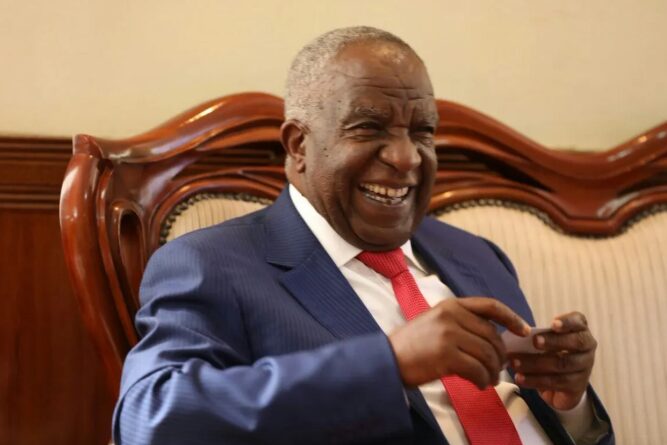
The Co-Banking Pioneer
Peter Munga co-founded what became Kenya’s most successful bank transformation story.
Banking Success Formula:
– Co-founded Equity Building Society (now Equity Bank)
– Focused on serving Kenya’s unbanked population
– Pioneered agent banking in Kenya
– Expanded across East and Central Africa
Current Investments:
– Equity Group Holdings shares
– Private equity investments through Actis
– Real estate portfolio
– Agricultural ventures
9. Sameer Merali – Net Worth: Roughly $370 Million
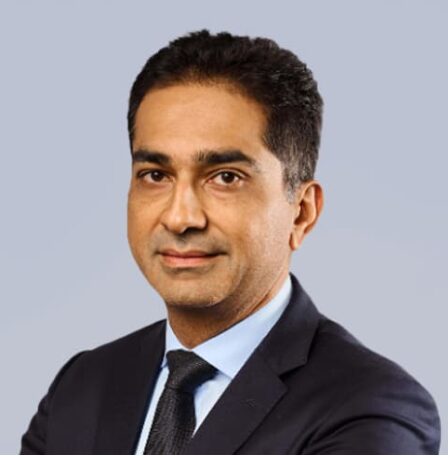
The Telecommunications and Agriculture Tycoon
Sameer Naushad Merali continues the legacy of the Merali business empire, focusing on telecommunications, agriculture, and diversified investments.
Business Heritage:
– Sameer Group (inherited and expanded)
– Telecommunications investments
– Agricultural ventures
– Manufacturing interests
Modern Business Focus:
– Technology sector investments
– Agricultural modernization
– Telecommunications infrastructure
– Strategic real estate development
Legacy Building: Merali represents the next generation of Kenya’s business elite, combining traditional business wisdom with modern investment strategies.
10. S.K. Macharia – Net Worth: Approximately $350 Million

The Media and Transport Mogul
Samuel Kamau Macharia built wealth through media and transportation investments.
Business Ventures:
– Royal Media Services (flagship)
– Transportation businesses
– Real estate investments
– Broadcasting empire
Success Strategy: Macharia understood the power of media early and built Kenya’s largest vernacular radio and TV network.
How Kenya’s Richest Made Their Money – Key Industries
Wealth doesn’t happen by accident and in Kenya, the richest individuals have built their fortunes by positioning themselves in the most strategic and profitable industries. From heavy manufacturing to fast-moving financial services, these billionaires have capitalized on the sectors driving Kenya’s economy.
Manufacturing Dominance
– Consumer goods production
– Steel and cement manufacturing
– Pharmaceutical production
– Food processing
Financial Services Revolution
– Banking transformation
– Microfinance innovation
– Investment banking
Real Estate and Construction
– Commercial property development
– Residential projects
– Infrastructure development
– Land banking strategies
Media and Communications
– Broadcasting networks
– Telecommunications investments
– Digital media ventures
– Content creation
Common Success Patterns Among Kenya’s Wealthiest
While the industries may vary, the mindsets and strategies behind Kenya’s wealthiest individuals share remarkable similarities. From reinvesting profits to expanding across borders, their success is less about luck and more about consistent, long-term thinking.
Here are some of the common patterns that define how these Kenyan billionaires built and sustained their empires.
1. Long-term Vision
Most of Kenya’s richest individuals built their wealth over decades, not years. They understood that real wealth requires patience and persistence.
2. Market Gap Identification
Each billionaire identified underserved markets and built businesses to fill those gaps whether it was banking for the poor or local manufacturing.
3. Reinvestment Strategy
Rather than lifestyle inflation, they consistently reinvested profits back into business expansion and new ventures.
4. African Expansion
Almost all expanded beyond Kenya’s borders, tapping into the broader East African market for growth.
5. Diversification Over Time
While they often started with one core business, most eventually diversified into multiple sectors to protect and grow their wealth.
Key Takeaway
Kenya’s wealthiest individuals prove that extraordinary success is possible through strategic thinking, patience, and relentless execution. While their fortunes may seem unreachable, their business principles are surprisingly accessible.
The common thread among all these billionaires isn’t luck or connections, it’s the ability to identify opportunities, execute consistently, and scale strategically. Whether you’re starting with 10,000 shillings or 10 million, the fundamental principles remain the same.

